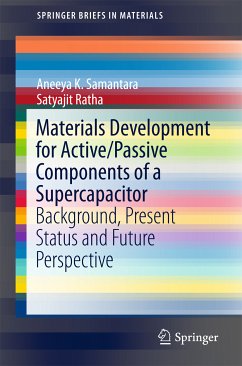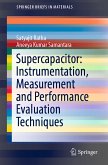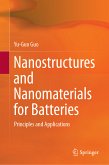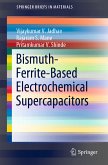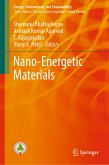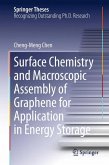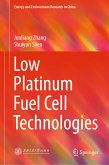This brief deals with various forms of supercapacitors starting from traditional carbon based supercapacitors to advanced next generation hybrid supercapacitors. The primary focus is to investigate the successive evolution in the core components of a typical supercapacitor which will bring significant observations regarding their feasibility and overall impact on the charge storage capacity so as to reach at par with the current battery technology. The authors present a critical review of the current collectors, electrode materials and electrolytic components which have distinctive impact on both the power and energy density of a supercapacitor. Emerging trends in the fabrication of hybrid supercapacitor technology bring together the exceptional power density of a double layer capacitor and energy density of a rechargeable battery, which promises a brighter future for the electrical energy storage system.
Dieser Download kann aus rechtlichen Gründen nur mit Rechnungsadresse in A, B, BG, CY, CZ, D, DK, EW, E, FIN, F, GR, HR, H, IRL, I, LT, L, LR, M, NL, PL, P, R, S, SLO, SK ausgeliefert werden.

